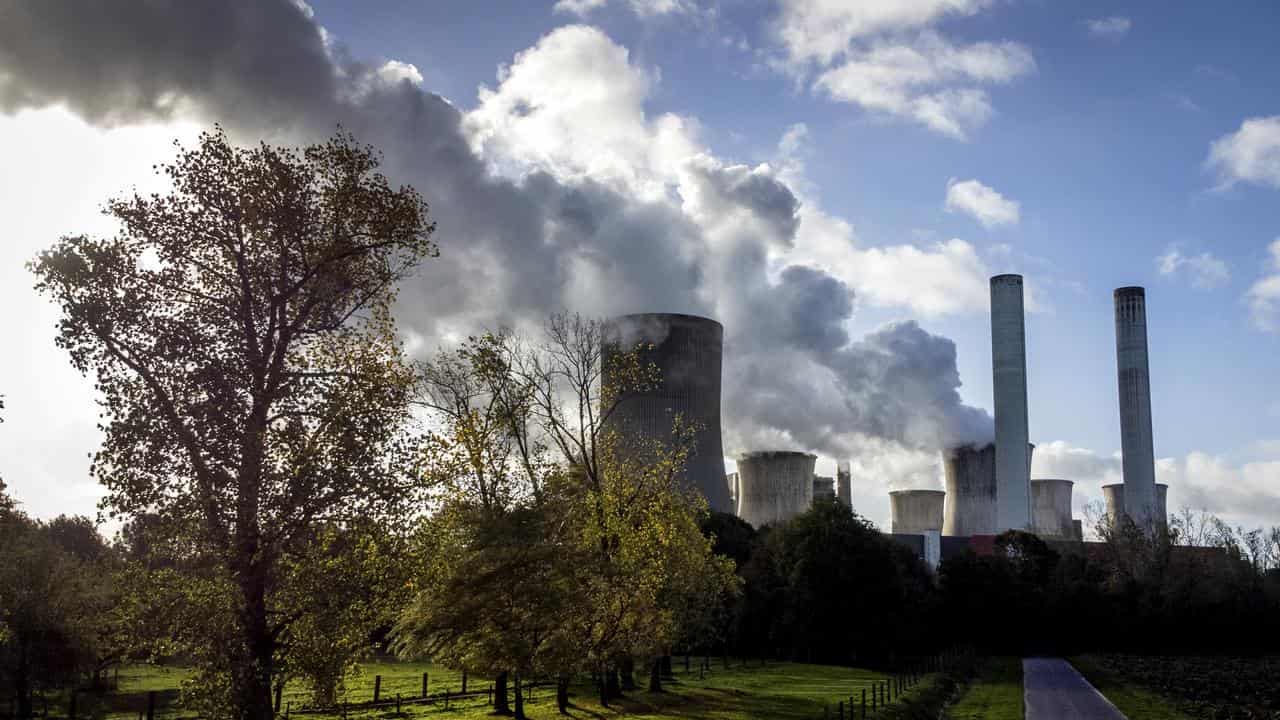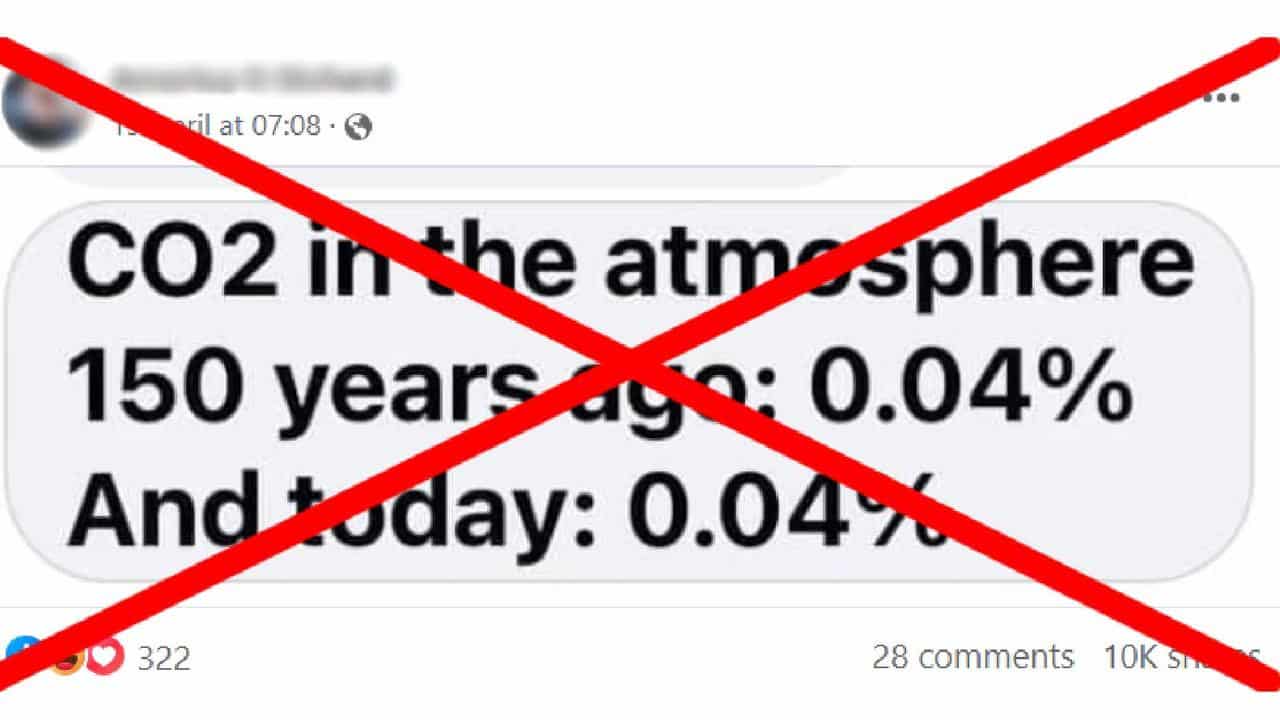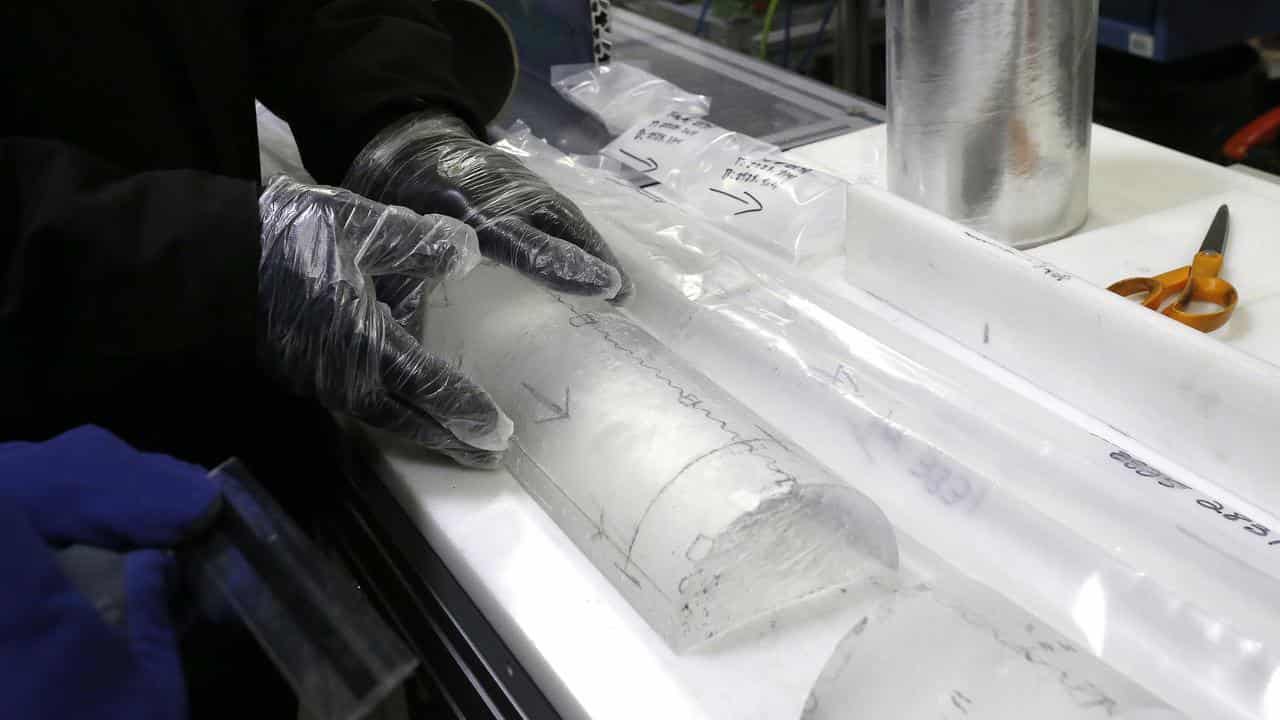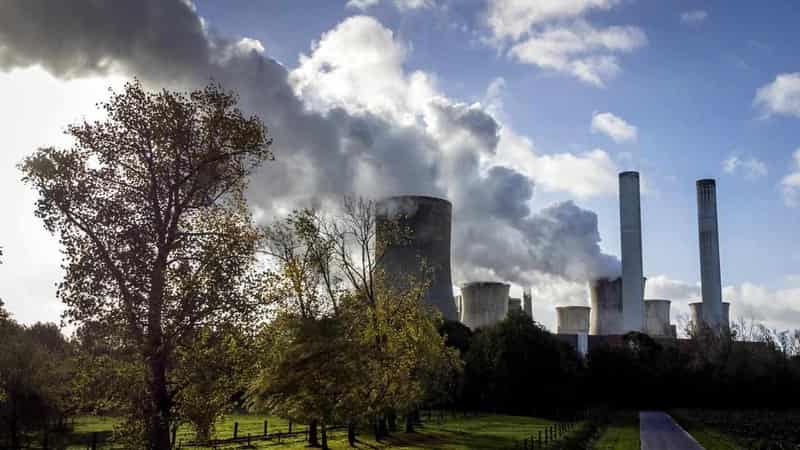
What was claimed
The amount of carbon dioxide in the atmosphere is the same today as it was 150 years ago.
Our verdict
False. Atmospheric carbon dioxide has increased from 0.029 per cent in 1873 to 0.042 per cent in 2023.
Carbon dioxide (CO2) levels supposedly haven't changed over the last 150 years, according to viral social media posts.
This is false. The concentration of CO2 in the atmosphere has increased since the 1870s, which experts say is due to human activity.
The claim is made in an April 19 Facebook post which has been shared more than 10,000 times.

It reads: “CO2 in the atmosphere 150 years ago: 0.04%. And today: 0.04%.”
Earth’s atmosphere is made up of several gases including nitrogen, oxygen, methane and CO2.
Historical records constructed from ancient ice cores show the planet’s CO2 levels before the industrial revolution (which began in the mid-1700s) were about 280 parts per million (ppm) or 0.028 per cent, for around 6,000 years of human civilisation.
Analysis from Australian climate scientists (table 6 on page 24), NASA and the European Environment Agency puts the CO2 concentration level for 1873 at approximately 288ppm, or 0.029 per cent.
Data from the National Oceanic and Atmospheric Administration’s Global Monitoring Laboratory shows the global average across 2023 was 419.3ppm, or 0.042 per cent.
Dr Robyn Schofield, an expert in atmospheric chemistry at the University of Melbourne, previously told AAP FactCheck the rise in atmospheric CO2 is due to human activities, such as land clearing and fossil fuel burning.

The Intergovernmental Panel on Climate Change’s Sixth Assessment Report also backs this up, stating observed increases in greenhouse gas concentrations since the 18th century are unequivocally due to human influence (p4).
Professor Brendan Mackey, a climate scientist at Griffith University, agrees the increase in “atmospheric concentration due to human activity is an established scientific fact”.
Australian National University climatology expert Professor Janette Lindesay told AAP FactCheck there is a direct link between human-caused CO2 emissions and rising temperatures.
“Increasing the concentration of greenhouse gases, including carbon dioxide, increases the heat-trapping function of the atmosphere (the enhanced greenhouse effect) and raises the temperature,” she said.
Scientists at NASA’s Goddard Institute for Space Studies say the global average temperature on earth has increased by 1.1C since 1880.
The Verdict
The claim that atmospheric carbon dioxide levels have remained at 0.04 per cent over the last 150 years is false.
Data shows atmospheric concentrations of CO2 have increased from approximately 0.029 per cent in 1873 to 0.042 per cent in 2023.
Experts told AAP FactCheck the increase is due to human activities.
False – The claim is inaccurate.
AAP FactCheck is an accredited member of the International Fact-Checking Network. To keep up with our latest fact checks, follow us on Facebook, Twitter and Instagram.









